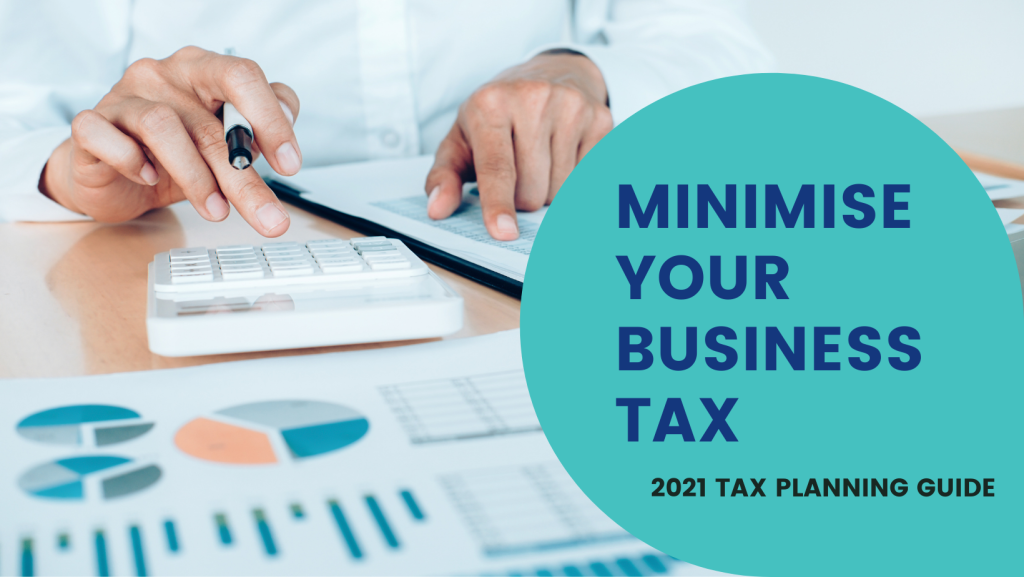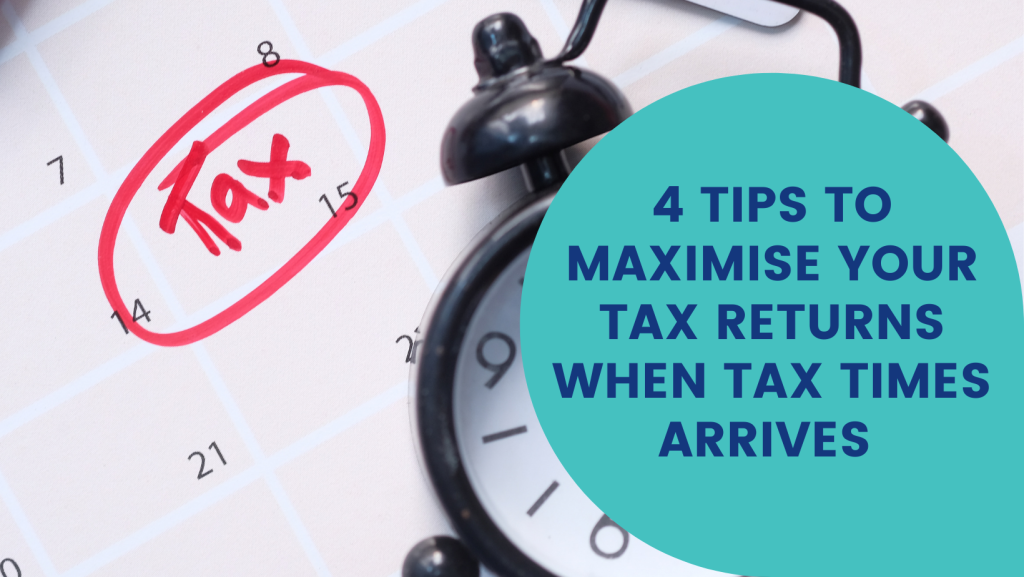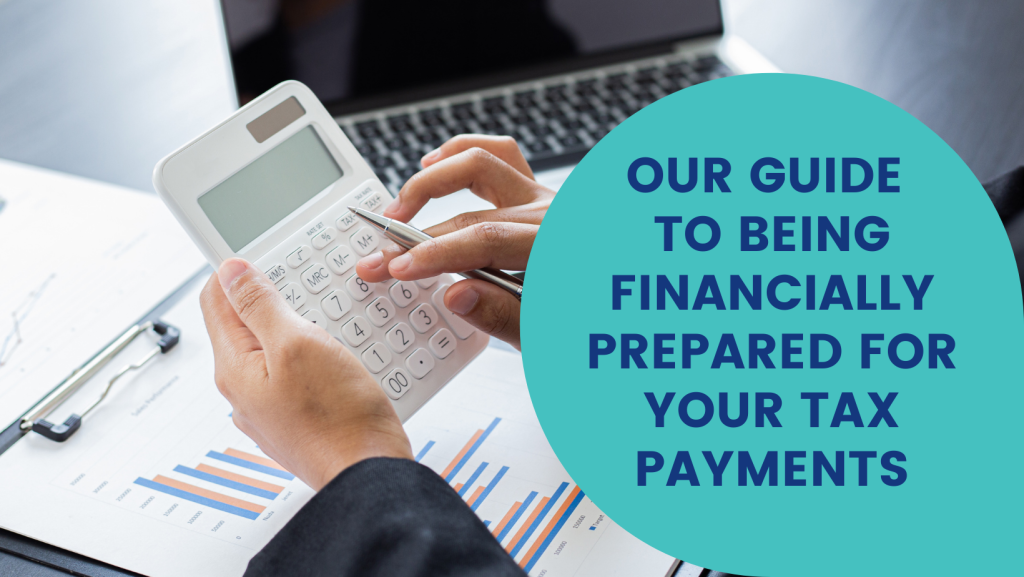When a tax collector comes knocking on your door for your tax payments, it’s enough to stir dread and fear in you, even though you likely have a clear financial history.
Sometimes, someone combs through your bank statements to make sure you haven’t missed a tax payment, which often causes stress and anxiety. Even though you may be diligent in filing your tax returns, there’s a possibility you may have missed a payment, especially if you file them by yourself.
If at some point the Australian Taxation Office or ATO audits your finances, you’ll want to make sure you’ve done your taxes correctly from start to finish. Here’s what you need to know about being financially prepared to pay your taxes and sort them out before the end of the financial year:
When to Start Organising Your Documents
The tax year starts from 1 July to 30 June the following year, which means you’ll need to make sure that everything is well and sorted by the end of June at the latest. If you miss this deadline, you won’t necessarily be in hot water; you’ll just have to wait a long time to claim a tax payment, which isn’t an ideal situation.
However, if you miss a deadline and have an outstanding tax bill, you’ll need to inform the ATO immediately and let them know that your payments are coming very soon. They can also offer a payment plan adapted to your situation to ensure that everything is settled right away. After all, it’s more workable to owe money to the ATO and have them cooperate with you to repay it during a given period instead of contacting you and asking you why your payments are late.
The deadliest deadline to file a tax return is 31 October. After this date, you’ll be charged late payment penalties. If you find yourself far too busy to sort everything out by this deadline, it would be best to work with an accountant near you.
Lodging Your Own Tax Return
If you choose to lodge your own tax return, you’ll need to have a few details at the ready. These include your tax file number, the earnings you’ve made in the last year, documentation or evidence of purchases you claim as deductions, and a bank statement containing the interest you’ve accrued during the financial year.
Once you have all the required information, you can complete and submit a tax return. If you forget any details from the tax year, you’ll end up paying the incorrect amount of tax, which can lead to further issues down the road. If a taxation agent conducts an audit and identifies a discrepancy, they’ll ask you to pay what you owe along with a possible penalty fee.
Meanwhile, if you don’t claim all possible payments, you may miss a deduction. The amount will be based on your taxable income or any charitable payments you’ve made during the financial year.
Once you’ve lodged your return between 1 July and 31 October, you’ll receive a Notice of Assessment by the ATO. It will contain either an amount you have to pay or an amount to be refunded to you. If you owe money, the receipt will give you all the information you need, including the amount to pay and the due date. However, if you are owed money, then the receipt will dictate how much. It will automatically be deposited into your account.
Conclusion
Preparation is essential when sorting out your tax payments and getting everything ready well before the deadline. If gearing up to lodge your return by yourself feels intimidating, be sure to contact an accountant to make sure everything is accurate and completed by the due date, helping you avoid discrepancies and hefty penalties.
Wardle Partners Accountants & Advisors is a team of business accountants on the Sunshine Coast. With over 100 years of combined experience, we’ve made it easy to do all business accounting, tax, self-managed superannuation funds, and audit. Contact us today to learn more about what we can do for you!





